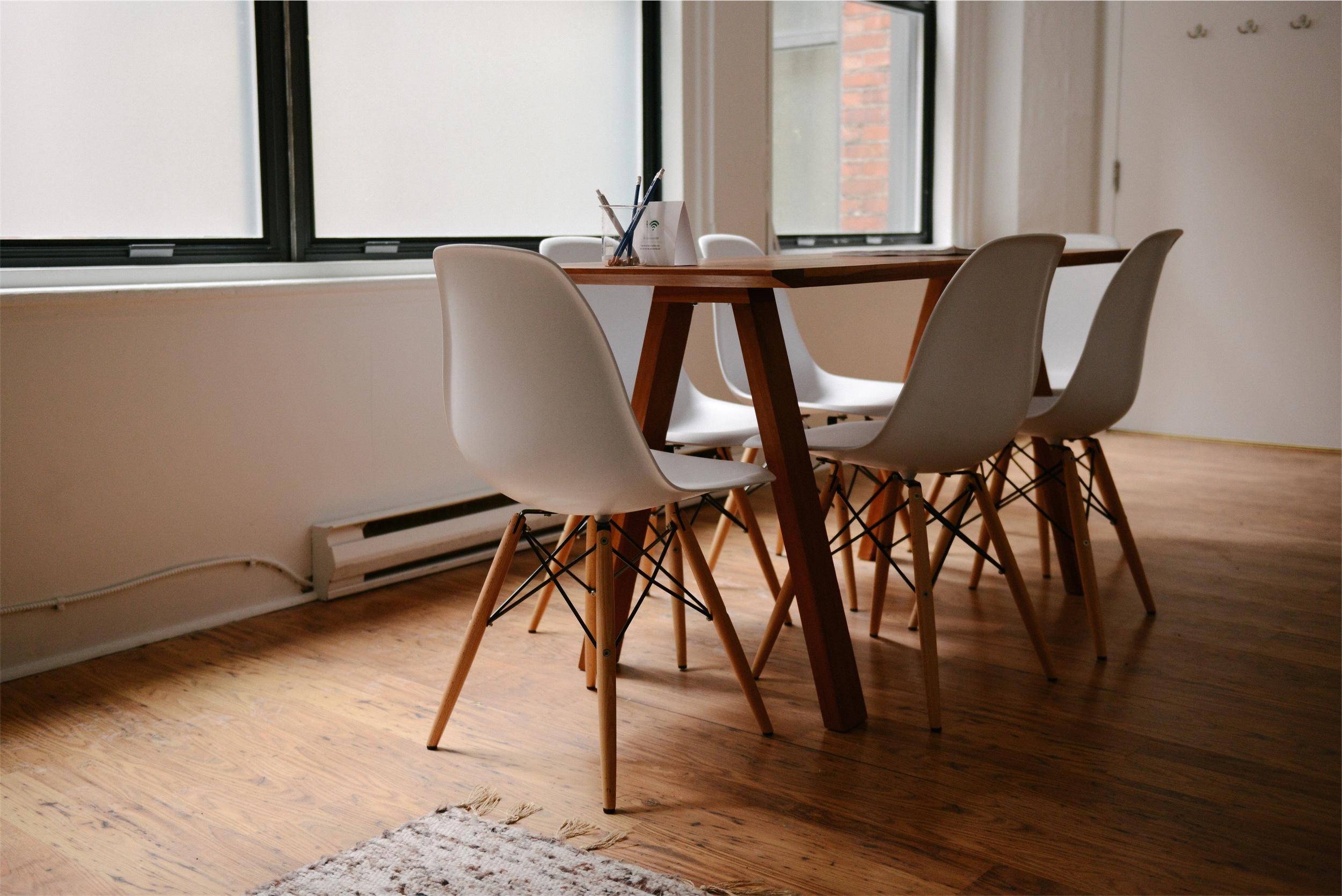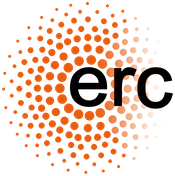Get the grant by imagining your audience.
Part of getting the grant has to do with having a great idea. But the other part is being able to express that idea in a clear and persuasive way.
That’s where I come in.
Take a minute to think about the grant committee. They’re reading hundreds of pages, often in just a few days. They want to choose the best ideas, and they don’t have much time. Just picture it: Stacks of applications. Pages full of complicated ideas and specialized terminology. The readers’ tired eyes…
STAND OUT.
You get the grant by standing out – not only with a great idea but with accessible language and concise arguments. Committee members will sigh with relief as they sink into the substance of your proposal, rather than struggling to understand what you’re trying to say.
start early.
We can improve your application at any stage in the writing process, but it’s always better to start early. Show me a draft, and I can show you how to present your ideas clearly and avoid jargon.
revise, revise.
Your “big idea” needs to be the star, and that means that everything else needs to play a supporting role. I can help you see which sections are still clunky – and which ones should be foregrounded. I’ll sift through the text, suggesting improvements in word choice and structure to help make sure your proposal is the one they remember.
I help scholars develop and polish grant proposals, including for ERC and Dutch NWO competitions.
Recent successes include:
2 million euros awarded to Yatun Sastramidjaja, University of Amsterdam, for her proposal to study how grassroots activists across Asia dodge digital state repression and disrupt the infrastructures that enable it
1.5 million euros awarded to Rachel Spronk, University of Amsterdam, for her proposal to study the ‘social life of sexuality’, including erotic practices, cultural formations, and the unruliness of sexuality
1.5 million euros awarded to Rebeca Ibáñez Martin, Royal Netherlands Academy of Arts and Sciences (KNAW), for her proposal to study sustainability transitions in European horticultural greenhouses
2 million euros awarded to Loes Keijsers, Erasmus University Rotterdam, for her proposal to study parental support of adolescents
1.5 million euros awarded to Jess Bier, Erasmus University Rotterdam, for her proposal to study the digitalization of shipping and inequality
2 million euros awarded to Claartje ter Hoeven, Erasmus University Rotterdam, for her proposal to study ‘ghost workers’
1.5 million euros awarded to Kristine Krause, University of Amsterdam, for her proposal to study the relocation of elderly care
400,000 euros awarded to Claartje ter Hoeven, Erasmus University Rotterdam, for her proposal to collaborate with ‘microworkers’ to develop needed policy changes
800,000 euros awarded to Rahil Roodsaz, Amsterdam Institute for Social Science Research, for her proposal to study enduring romantic relationships in Western Europe
800,000 euros awarded to Marguerite van den Berg, University of Amsterdam, for her proposal to study ‘subsistence security’ practices
275,000 euros awarded to Nanke Verloo, University of Amsterdam, for her proposal to study informal politics and inclusive urban development


